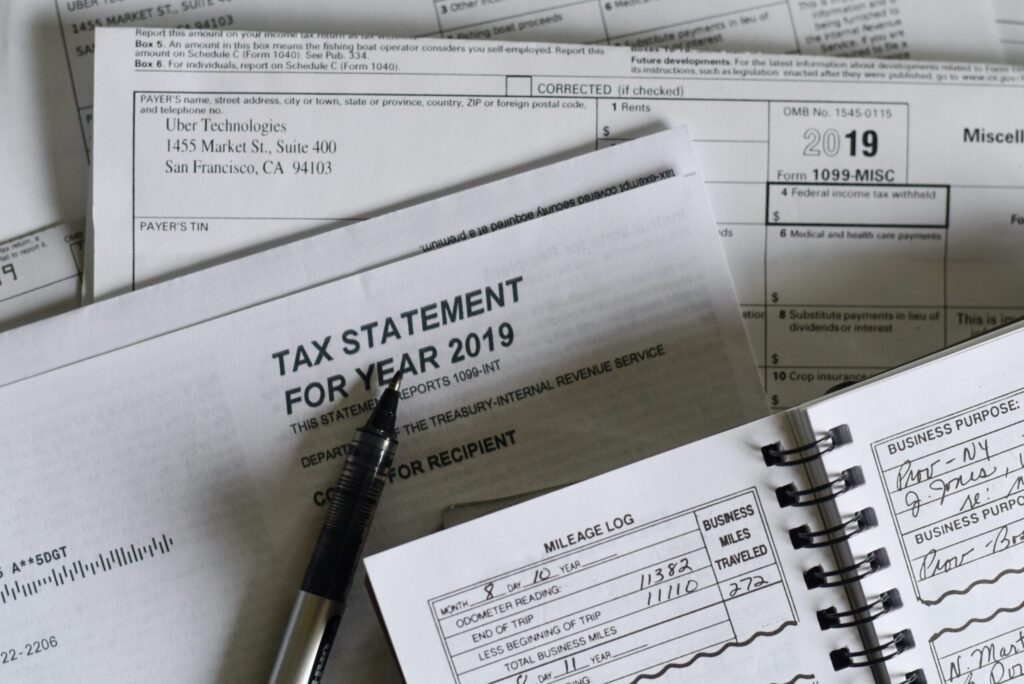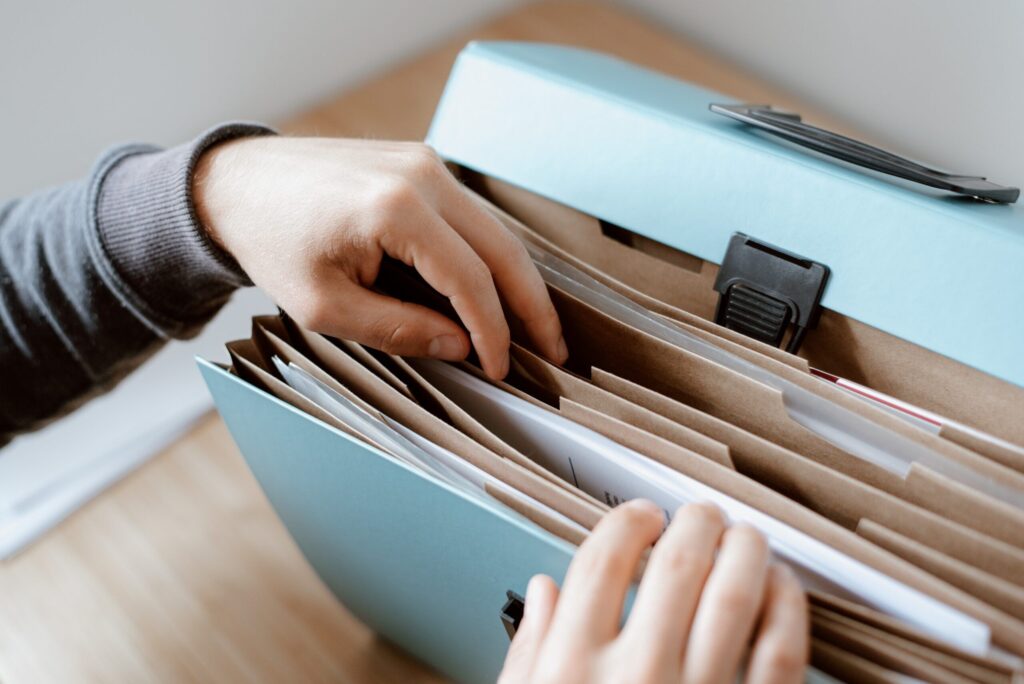Receiving a CRA notice of collection can be pretty alarming when you were not expecting it, or if you do not know what to do with it. It is probably the last thing you need on top of spiralling debt and enough difficulty simply trying to get by with limited funds. Tax debt is more complex than most other forms of debt simply because of the powers of the Canada Revenue Agency (CRA). Even if you know you cannot make the payments right now, it is best to communicate with the CRA. No matter how bad you may think your financial situation is, there is always a form of debt relief to help you. The sooner you act, the sooner you can prevent action taken by the CRA, from collection calls to wage garnishments. In this article, we explain what a CRA notice of collection means, and how you need to act.
What is a CRA notice of collection?
A CRA notice of collection is essentially a legal warning from the CRA that it may begin to take legal action against you without any further notice. This is provided you do not pay off your tax debt or call the CRA to make a payment arrangement. Once a CRA notice of collection is issued, the CRA is able to begin a wage garnishment directly from your employer, garnish your bank account, and seize your assets if it wishes. In fact, they can use any legal means they wish to collect the amount of tax debt you owe. Before the CRA can do this, they must issue a notice of collection, as well as make three attempts to give you a verbal warning via the phone. Once both have been carried out, their legal powers can be exercised. A CRA notice of collection is valid for 180 days. The CRA can take any action they see fit during this period, even if the amount of debt increases or decreases. Once this 180 day period has expired without any legal action taking place, the CRA only needs to provide one warning – either written or verbal – to renew the CRA notice collection period. For this reason, a CRA notice of collection needs to be taken seriously, and acted upon quickly.
How do CRA collections work?
The CRA has collection powers that a lot of other creditors that are owed debt simply do not. It is very important, therefore, to act quickly where you can. Even if you cannot repay your tax debt, communicating with the CRA and acting fast is important. Even if the CRA takes any of the actions listed below while you owe debt, you will still owe the full outstanding amount of debt. You may need debt relief as well as stopping the CRA’s collection procedures. Here are some of the ways the CRA can act to collect debt:
Wage garnishment
Legally, the CRA can deduct up to 50% of your wage if you do not pay your tax debt. This can bring about further complication and embarrassment with employers, and can certainly make things difficult, especially if you have dependents or a family. If you are a freelancer or self-employed, the story is worse – you could lose up to 100% of your income. Learn how we can help stop a wage garnishment immediately at Spergel.
Seizing money owed to you by the government
You may be owed money by another government department, for instance GST/HST creditors or childcare benefits. If so, the CRA can take these funds and put them towards your tax debt repayment.
Seizing your assets
The CRA is legally permitted to seize any of your assets or property including your car or home. Typically, it will then sell these assets via a court enforcement officer who will use the proceeds to go towards your tax debt repayments. In this instance, you will also need to pay the associated fees for the CRA to operate this process on top of your original debt.
Freezing your bank accounts
The CRA may choose to freeze your bank account if it wishes. This, of course, makes it difficult to receive income and to pay any bills or living costs. After a period of time of having your account frozen, the bank will be forced to forward your funds directly to the CRA to go towards your tax debt repayments.
Holding a third party responsible for your debt
The CRA is able to hold a third party responsible for your debt. This could be a business partner or a related entity, and could make any partnerships much more challenging.
What to do if you receive a CRA notice of collection
Given the powers of the CRA which include wage garnishment, freezing bank accounts, and so on, it is important to deal with CRA collections as soon as you can to avoid further consequences. In many instances, it is a good idea to enlist the support of a Licensed Insolvency Trustee. Licensed Insolvency Trustees are the only professionals in Canada legally able to file all forms of debt relief. At Spergel, our Licensed Insolvency Trustees have been helping Canadians gain tax debt relief for over thirty years. Here is what you should do if you receive a CRA notice of collection:
- Try not to panic. No matter how bad you think your tax debt might be, there is always a solution. Although it is a stressful situation, it is important you make a considered and well informed decision guided by the support of a professional in the field.
- Discover what to say to collection agencies. As CRA collection agents know that they have strong powers, often they will use this as part of their negotiation tactics. This often means that many tax debtors accept terms that are not manageable for them which can lead to further financial problems.
- Respond to the CRA collections agent when you are contacted. If you do not respond, the CRA may assume that you are not cooperating and you could face consequences immediately. It is better to be honest and let them know than ignore them. At Spergel, we will communicate and negotiate with the CRA on your behalf.
- See if you can pay the tax debt that you owe. If you can pay your tax debt, the CRA will no longer try to contact you. If, however, you have had your tax debt for a while, you could have accumulated substantial interest charges on top of the principal of your debt making it increasingly expensive. A form of debt relief could help to reduce the overall amount you owe.
- Try to negotiate a payment arrangement. A payment arrangement is where you make smaller payments over a period of time until your tax debt is paid in full. Do note that you will still accumulate interest, although it will make your payments much more manageable.
- Speak to a Licensed Insolvency Trustee. As Canada’s experts in seeking debt relief for individuals, a Licensed Insolvency Trustee will work with you to review your circumstances. They can negotiate with the CRA on your behalf, and walk you through a form of debt relief, from debt consolidation to consumer proposal to filing bankruptcy. This could set you on the pathway to financial freedom.
If you have received a CRA notice of collection, you need to act as quickly as you can. The CRA is notoriously difficult to handle and it can act on some severe consequences. Book a free consultation with the tax debt relief experts at Spergel to help you resolve tax disputes and permanently stop your collection calls from the CRA. Reach out today – the sooner you do, the sooner you can be on the pathway to financial freedom.



















